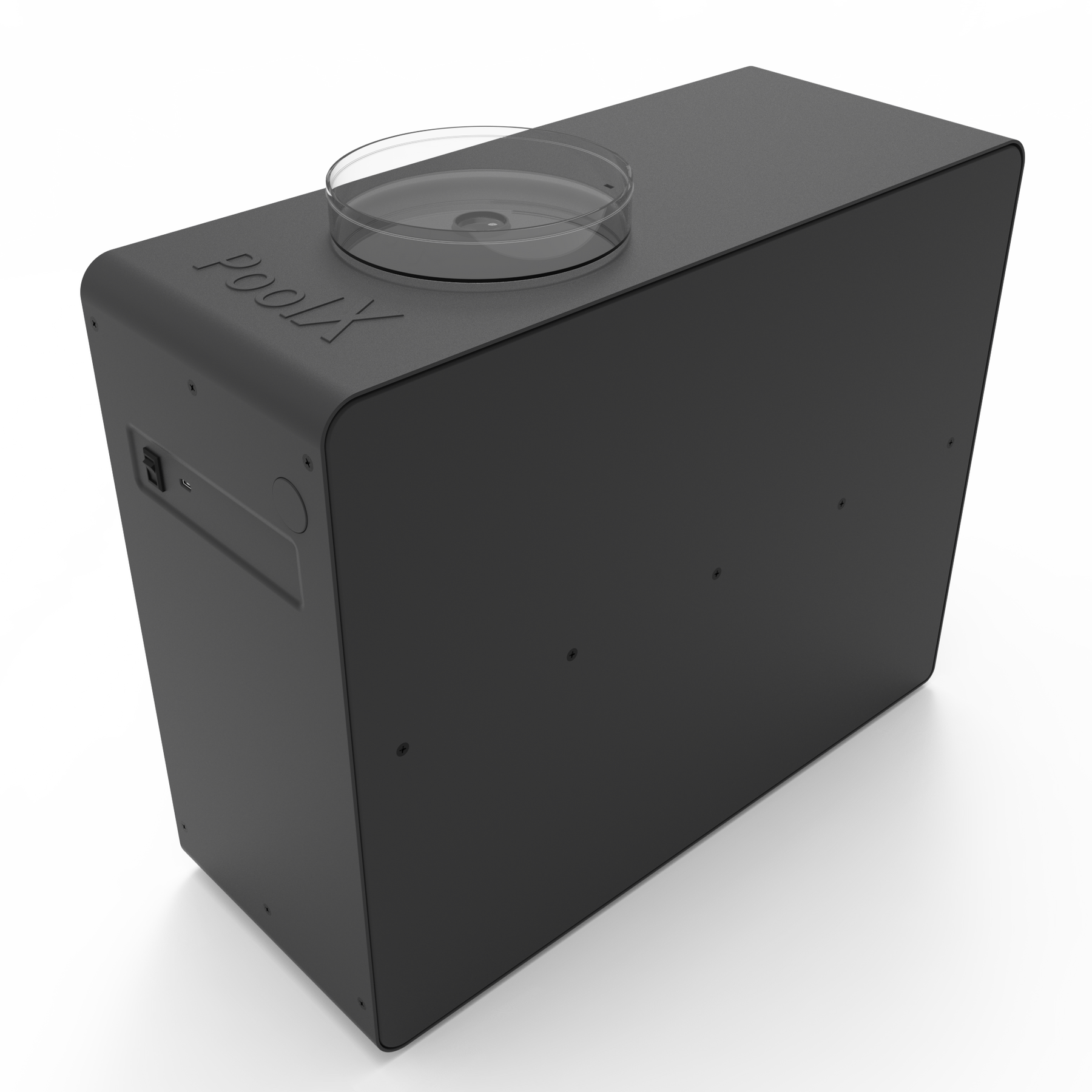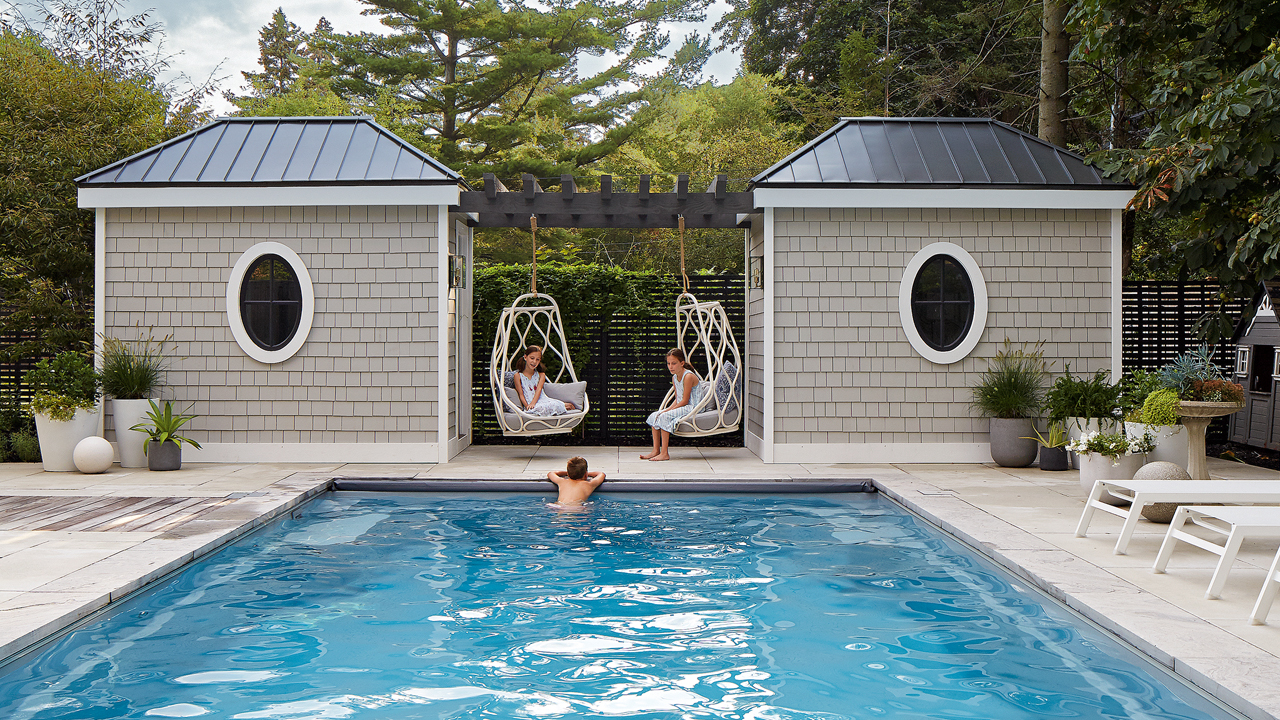As a homeowner with a swimming pool, you may have asked yourself: How long should I run my pool pump? Keeping your pool clean, safe, and efficient is crucial, and understanding the optimal duration for running your pool pump plays a significant role in achieving this. In this article, we will address this important question and provide you with the necessary information to make informed decisions.

Understanding the Pool Pump
The pool pump is the heart of your pool’s circulation system. It keeps the water moving, ensuring that it passes through the filtration system to remove debris, dirt, and contaminants. Without a properly functioning pump, your pool would quickly become a breeding ground for algae and bacteria.
Components of a Pool Pump
- Motor: Powers the pump and moves water through the system.
- Impeller: Creates the necessary pressure to circulate the water.
- Volute: Directs the flow of water into the filtration system.

Factors That Influence Pump Run Time
Several factors can influence how long you should run your pool pump daily. Here are some of the most important considerations:
Pool Size
The size of your pool is a critical factor. Larger pools require more time to circulate all the water effectively compared to smaller pools.
Usage
How often and how many people use your pool will also impact the necessary run time. More frequent use means more contaminants, requiring longer pump operation.
Location and Climate
If you live in a warmer climate or an area with a lot of dust and debris, your pool pump needs to run longer to handle the additional contaminants.
Chemical Balance
Maintaining proper chemical levels can reduce the strain on your pump. Imbalanced water chemistry can lead to algae growth, requiring longer circulation times to keep the pool clean.

General Guidelines for Running Your Pool Pump
While there is no one-size-fits-all answer, a good rule of thumb is to run your pool pump for about 8 hours a day. This duration usually allows for the entire volume of pool water to cycle through the filtration system at least once.
Calculating Turnover Rate
The turnover rate represents the time it takes for the pump to circulate the entire volume of your pool. To calculate this, use the formula:
Turnover Rate (hours) = Pool Volume (gallons) Pump Flow Rate (gallons per hour)
Energy Efficiency Considerations
Running your pool pump consumes electricity, which can add up on your energy bills. To be more energy-efficient:
- Use a Variable Speed Pump: These pumps can adjust their speed, using less energy during off-peak times.
- Install a Timer: Automate your pump’s run times to avoid running it longer than necessary.
Off-Peak Electricity Hours
Many utility companies offer lower rates during off-peak hours. Running your pump during these times can save you money.
Seasonal Adjustments
The time of year also affects how long you should run your pool pump. During the summer, you might need to run it longer due to increased usage and higher temperatures. In winter, you can reduce the run time.
Maintenance Tips for Optimal Performance
To ensure your pool pump operates efficiently:
- Regularly clean the pump basket and skimmer.
- Check for leaks and repair them promptly.
- Ensure the impeller is free from debris.
Professional Inspections
Schedule annual inspections with a professional to catch any potential issues early.
Troubleshooting Common Issues
If your pool pump isn’t performing as expected, consider these common problems:
Low Water Pressure
Check for clogged filters or a malfunctioning impeller.
High Energy Bills
Ensure your pump isn’t running longer than necessary and that you’re using energy-efficient settings.
Eco-Friendly Pool Pump Solutions
For environmentally-conscious homeowners, consider the following options:
Solar Pool Pumps
These pumps use solar energy, reducing your carbon footprint and energy costs.
High-Efficiency Pool Pumps
Modern pumps are designed to use less energy while maintaining optimal performance.
Benefits of Proper Pump Management
Running your pool pump for the right amount of time offers several benefits:
- Cleaner water and reduced algae growth.
- Lower energy bills.
- Extended lifespan of your pump and filtration system.
Conclusion
Understanding how long to run your pool pump is crucial for maintaining a clean, safe, and efficient swimming pool. By considering factors like pool size, usage, location, and chemical balance, you can optimize your pump’s run time and enjoy a sparkling pool all season long.
Internal Links
External Links
FAQs
How many hours should I run my pool pump each day?
Generally, running your pool pump for 8 hours a day is sufficient for most pools. This ensures the water circulates through the filtration system at least once.
Can I run my pool pump during off-peak hours?
Yes, running your pool pump during off-peak electricity hours can save you money on energy bills.
What is the turnover rate?
The turnover rate is the time it takes for the pool pump to circulate the entire volume of your pool. It can be calculated using the formula: Pool Volume (gallons) Pump Flow Rate (gallons per hour).
As an Amazon Associate, I earn from qualifying purchases.

